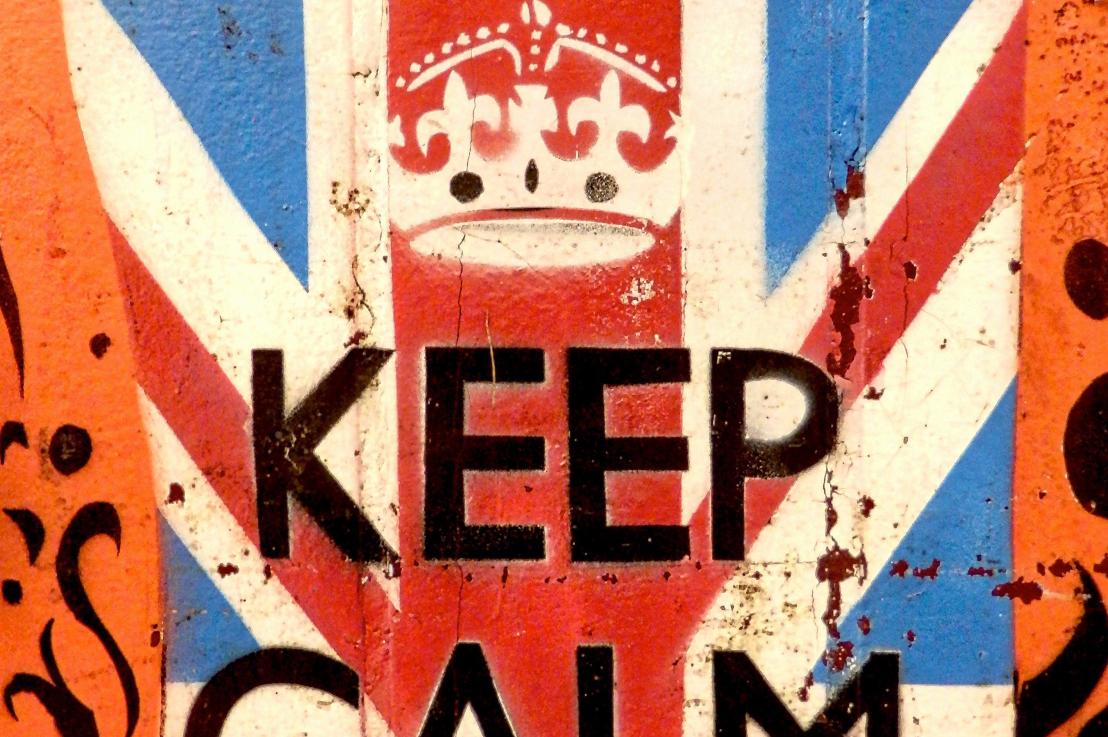To speak as a publisher for a moment, I want to talk about rights here. A lot oauthors want those thrown out because they think they deserve complete ownership and financial gain should the book end up as a movie/TV series/comic book etc. because it’s their intellectual property. This is only half true.
If you are going with a traditional publisher we want (and earn) a portion of these rights for several reasons, but I’m really going to focus on one. During the course of this post, I am going to assume you are working with a legitimate publisher, not an author mill, and are working with a publisher who is taking proper care of their authors to the best of their ability.
Publishers want those rights because we earn a cut of that pie.
While authors often think they do the lion’s share of the work just by writing the manuscript (the work doesn’t end with “the end”), the publisher does the lion’s share of the financial investment, if not all of it. If you go traditional, the publisher pays for everything, and properly producing a book costs literal thousands of dollars. Keep in mind, we professional editors like to be paid for our time, and those costs are typically over $50/hr. The length of the book and how clean it is when it arrives determine that cost.
Then, we have to pay for the cover art which may also include paying for rights to stock photos, fonts, or paying for artwork to be created from scratch. This is not a cheap process if you want good quality artwork. Poor quality artwork is cheap, but having a cover that will sell a book is worth the investment. While there are good artists who aren’t “cheap”, it is still a pricey venture.
We also have to pay for typesetting and marketing (which can end up more expensive than anything else) as well as our overhead of doing business in general: taxes, keeping lights on, website hosting, health insurance for employees if we are big enough, legal advice for contracts, electricity, internet, and about a billion other things both large and small. We also like to eat, so paying ourselves is important. All of those things go into the cost of creating your book. Were I to calculate the average cost of properly producing a book, I would come up with around $10,000 (or more for marketing) in resources. Yes. That is PER BOOK. I am not factoring into that the overhead costs of operating a business because those differ per publisher and depending on the business model.
In a traditional publishing arrangement, the author pays no penny of that, though that is why we generally provide royalty rates of about 15-20% because all of our overheads come right out of that 80%. To be honest, I haven’t drawn a paycheck yet from my company, though we are in the black in the bank. Our authors have been provided payment for their books, but none of the staff have been paid a cent because we are putting the rest of that 80% straight back into the production of other books to try and create a strong platform for all our authors.
There is a strong business reason for that, starting with the old adage “you have to spend money to make money.” Startup businesses oftentimes end up in the red because the spending comes before the making, and the making often doesn’t happen. To show that, I’m going to give you real numbers based on a book. I am going to use real costs and percentages here, though I’m rounding up the paper cost by a penny.
Books Sold: 100
List Price: $16
5″x8″, 300 pages, Createspace Physical Copy
Gross Income: $1,600
Author Income 15%: $240
Amazon Royalties (unsure percentage; calculated on their site): $515
Marketing: $400
Remaining: $445
That remaining $445 has to pay the editors (who have often invested $1,500 worth of time or more), typesetter, and managerial staff. So we are often looking at four people, so if we give each of them $50.00 which would only pay for about an hour of an editor’s time, we are left with $245 to go toward taxes, cost of our internet hosting ($75/year), ISBN numbers ($200/for 10), subscriptions to various professional organizations we use to market books, and maybe to pay ourselves. Maybe. The money, as you may notice, goes FAST when you start adding in the cost of doing business.
At this point, you are looking at an author who has invested time and experience in writing the book – something I very much respect – and a publisher who has invested a great deal of money. In a traditional publishing arrangement, the ending “who has done more for the book” ends up being about 50/50, which is exactly how we split the sale of movie/comic/etc. rights. The company who has done so much work for this book deserves a portion of that kind of money for themselves because they darn well earned it. Particularly since the vast majority of books DO NOT EARN OUT THEIR PRODUCTION COSTS. Many books fail to sell more than the hundred copies to friends and family. Even if we sold three-hundred books, that wouldn’t even pay for the cost of typesetting, editing, and cover design.
This trend of demonizing publishers annoys me. While I cannot, and will not, speak up for the business practices of fly-by-night operations or companies who treat their authors without respect, the rest of us who aren’t like that deserve and earn our portion of the proceeds.







